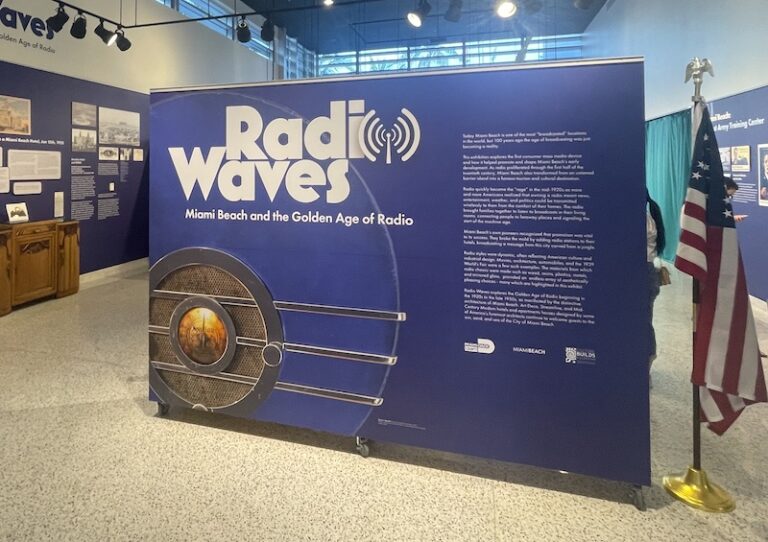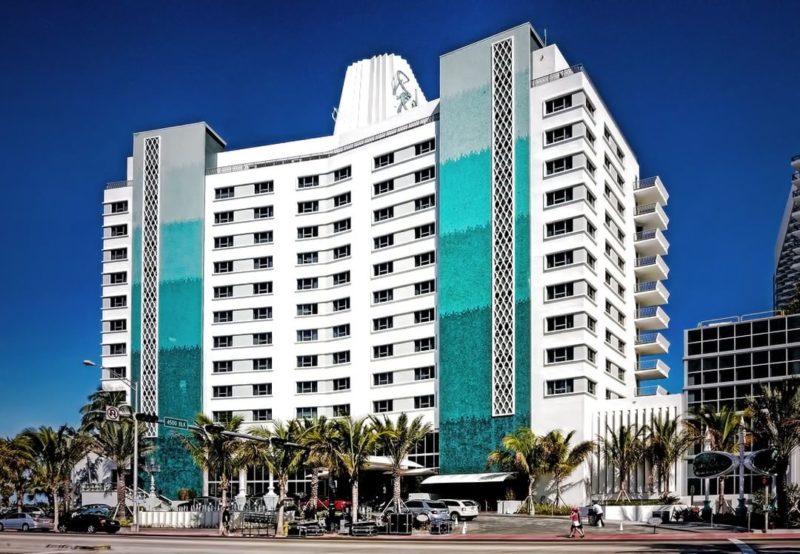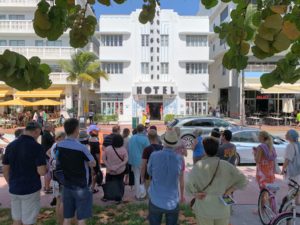FIVE LESSONS LEARNED at the 2019 Historic Properties Resiliency Workshop: April 27th, 2019
MDPL’s Center for Resiliency and Sustainability
#1 City of Miami Beach is leading resilience strategies
Commissioner Mark Samuelian provided opening remarks and updated attendees on the efforts of the City of Miami Beach to deliver resiliency and sustainability leadership. The City has successfully achieved a Class 5 rating from FEMA’s National Flood Insurance Program’s Community Rating System. Due to this achievement, Miami Beach residents will save 5% on flood insurance premiums from last year, totaling $2 million in savings. The City’s G.O. Bond also recently went to market and outperformed expectations due to the S&P AA+ bond rating, saving residents over $28 million in interest payments. Kate Ryan, Environmental Protection Specialist at FEMA, echoed the achievements of the City of Miami Beach and encouraged the reduction of the current insurance gap.
#2 Miami Beach consists of layers of history and resiliency adaptation will become another layer of our community’s development
As illustrated by Allan Shulman, Founder of Shulman+Associates, Miami Beach consists of layers of history and should be considered as a process of development, rather than viewed as a singularly compressed time period of activity. Debbie Tackett, Historic Preservation Chief of the City of Miami Beach, provided examples of historic structures, including the Art Deco Welcome Center- home to MDPL, which have been altered through the years and in the future will continue to be rehabilitated while maintaining character-defining features to allow historic resources to become structurally resilient.
#3 Mitigation efforts are more effective than post-disaster in the short- and long-term and have a higher Benefit-Cost Ratio
Kate Ryan unveiled their top moonshot effort to incentivize investments to reduce risk, including pre-disaster mitigation to diminish future disaster costs, by 4 times by 2023. She quantified the overall Benefit-Cost Ratio (BCR) of mitigation Return on Investment (ROI) to be $6:1 in federally funded overall hazard ratio. Non-profit organizations such as the MDPL Center for Resiliency and Sustainability will continue to advocate for pre-disaster mitigation funding for the adaptation of historic resources. Daniel Ciraldo, Executive Director of MDPL, presented on the importance of disaster preparedness, especially for hurricanes, of historic resources in Miami Beach and will continue to provide educational programs to inform neighborhoods.
#4 Private sector is experimenting with elevation and relocation procedures
Sandor Scher, President at Claro, provided current case studies, including 1600 Washington Ave, where an existing historic structure will be elevated and relocated as part of an apartment development. By creatively imagining how buildings can be reused in Miami Beach’s historic context, developers are presenting plans that add sustainability through building reuse and resiliency through adapting existing structures. John Stuart, Executive Director of FIU’s Miami Beach Urban Studio, and Tiffany Troxler, Director of Science of FIU’s Miami Beach Urban Studio, along with multi-disciplinary students presented ideas for the long-term future of Miami Beach. From the individual building-level scale of adapting existing structures to the comprehensive community-level scale of providing data-driven resiliency plans between science and design to positively address sea level rise.
#5 A history of resilience can be woven through the legacy of Historic Preservation in Miami Beach
Miami Beach has developed over time as a world-class destination due to its beaches, culture, and historic architecture. The early advocacy efforts of MDPL have continued to strengthen our unique community. With the challenges of future sea level rise, MDPL CRS has continued to seek solutions for the City’s historic resources. Allan Shulman and team are developing Resiliency Guidelines for Historic Properties to provide guidance for adaptation. Michael Antinelli, Co-Founder of Brizaga, illustrated the common ground between property owners and preservationists to maximize the longevity of Miami Beach’s historic resources. Overall, Miami Beach has the will to protect its historic resources and will develop best practices to ensure our communities retain their sense of history.

Contact laura@mdpl.org for more information.
















